To my knowledge, the only copy in the world signed by both authors. Currently sitting in the kids section, ground floor, at Foyles bookshop.
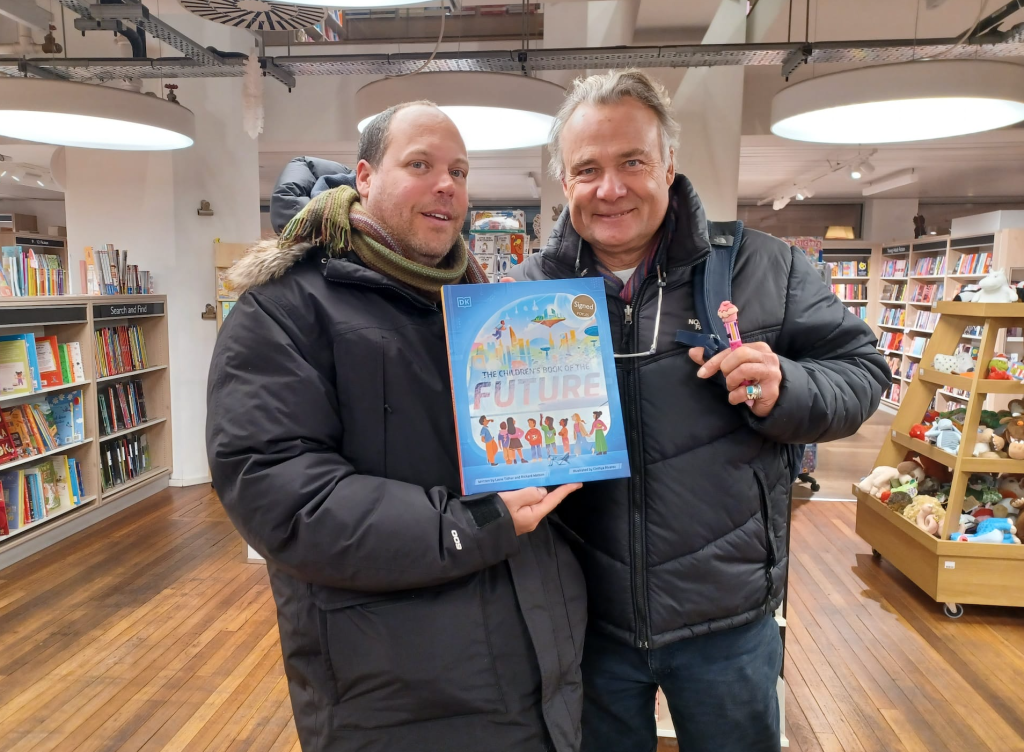

Massive shout out to the designers on Children’s Book of the Future. Would have been duller without you both. Cinthya @cinth.alvarez, and Bettina @bettina.ms @DKbooks Thank you!!!

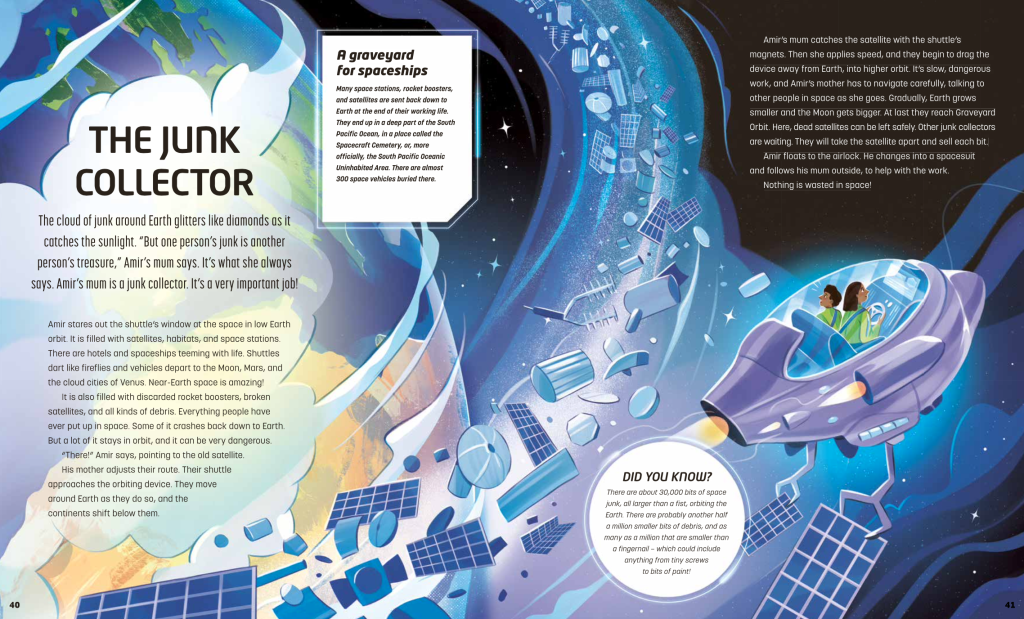
Pre-order the future here. Publication date in the UK is June 5. US is June 25 I believe.
https://www.dk.com/uk/book/9780241647479-the-childrens-book-of-the-future
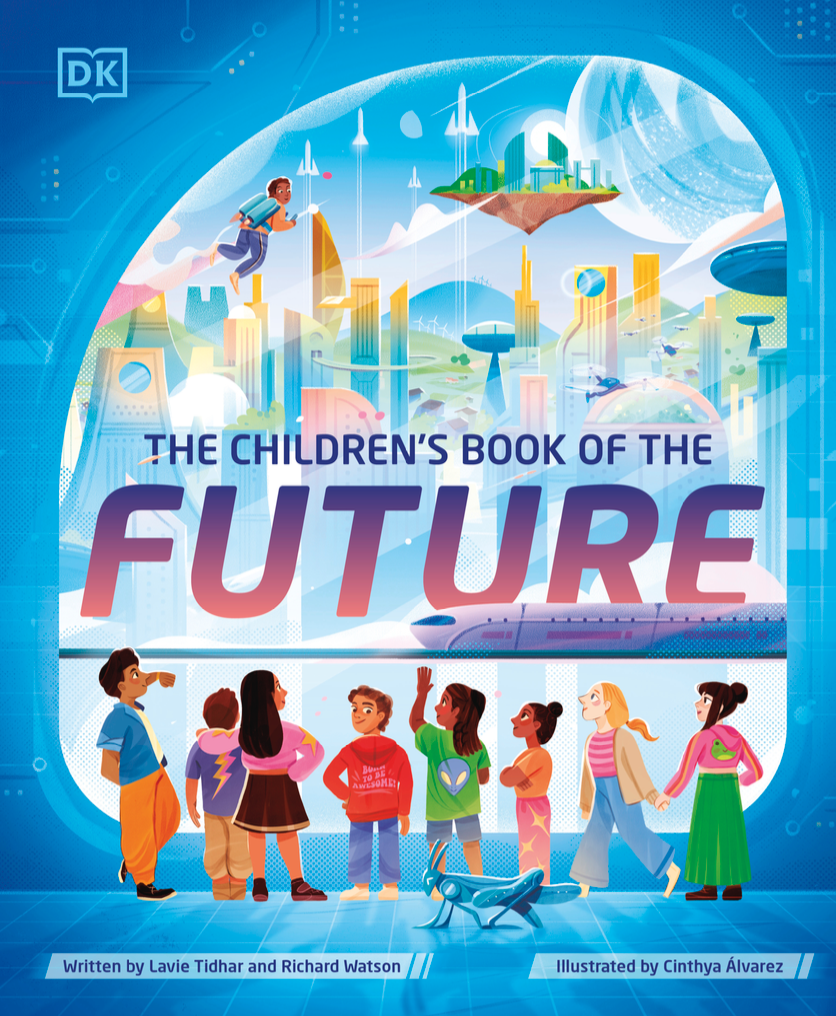
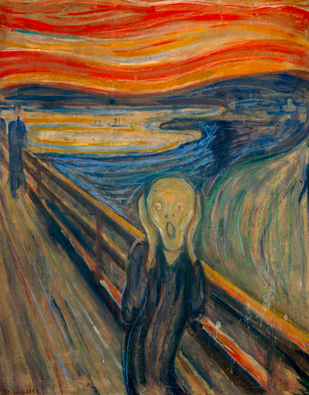
How are you? How’s life? In 2015, a YouGov survey found that 65% of the British (and a whopping 81% of the French) thought that the world was getting worse. But it’s not, it’s been getting better for decades. On almost any measure that matters, life is demonstrably better now than it has been in the past. In fact, 2016 was the best year for ever for humanity according to Philip Collins writing in The Times. In 2016, extreme poverty was affecting less than 10% of the world’s population for the first time. If that’s not cause for celebration, 2016 also saw global emissions from fossil fuels falling for the third year running and the death penalty becoming illegal in over half of all countries. Nicholas Kristof, writing in the New York Times, echoed the optimistic perspective: Child mortality is now half what is was back in 1990. More than 300,000 people every day are gaining access to electricity for the first time. Similar good news stories can be found in statistics about human life-spans (more than double what they were 100 years ago – a mere 31 years in 1931, for example), the number of women in education and work, basic sanitation and clean water. It’s the same story with literacy, freedom and even violence.
So why does it feel like things are terrible? Why are so many people longing for the good old days? The answer, most likely, is global media and ubiquitous connectivity. Ignorance is no longer bliss. We are exposed to endless headlines about Brexit, Trump, Putin, Syria, terrorism, climate change and North Korea 24/7. There’s no escape.
Our response to this tends to be one of two things. Either we conclude that the world is indeed going to hell, so we might as well enjoy ourselves, or we become profoundly anxious, depressed and cynical about everyone and everything. But as members of what’s been termed the New Optimist movement (a term meant to evoke Richard Dawkin’s New Atheists), point out, this doom and gloom is deeply irrational. The pessimistic mood simply ignores the facts and underestimates the power of the human imagination. Moreover, while a worrisome mind was useful in the past (when looking out for threats outside your cave could literally save your life), use of the same fight or flight mind-set today can lead to spirals of despond. The fact that news now circulates the globe faster than it can be properly analysed doesn’t help either. Add to this a deluge of digital opinion which is at best subjective and more often false or misleading and it’s hardly surprising that so many people feel unsettled and disorientated to put it mildly. Another explanation for pessimism lies in our cognitive biases and especially our general inability to properly asses risk or probability. For example, more people died in motorcycle accidents in the US in 2001 than died in the Twin Towers attack on 9/11.
So, should we relax? Yes and no. Yes, in the sense that we need to put things in proper perspective, look at the real numbers and assess the actual probabilities. No, in the sense that just because we’ve had it good for the last 50 or 100 years doesn’t mean that our run of good luck will naturally continue. Maybe the last 100 years is simply a blip (extrapolating from recent personal experience or data is usually what goes wrong when it comes to long-term forecasting).
Another downside of global connectivity is that risk is now globally networked and systemic, meaning that one lunatic with the nuclear codes or a nasty biological virus could wipe us all out tomorrow. There are still things that could go seriously wrong, as David Runcimanm, a Professor of politics at Cambridge, points out.
OK, so around 120 countries out of 193 are now democracies (up from 40 in 1972), but this could change. Cyber-terrorism could bring us to our knees for extended periods too and while people throughout history warning of the end of the world have always been wrong, they only need to be right once. Hence, a degree of caution, or cynicism, can be useful. It’s also worth noting that if people become too depressed about things they tend not to be motivated to fix things (although, similarly, it might be argued that if you are too optimistic a similar rule applies). Any mind-set can become a self-fulfilling prophesy. Also, while it’s indisputable that globally, or on average, things are good and getting better, this isn’t true for everyone, everywhere. Local exceptions apply. Furthermore, a more nuanced criticism of the rational optimistic view is that saying things are great is a great way of saying don’t change anything, which is to say leave free market capitalism and political structures well alone.
Overall, people will choose to believe whatever they want to believe and choose the facts that support their world view, but one thing that’s still missing perhaps is vision. We are increasingly stuck in the present, ignorant of our deep history and seduced and distracted by an internet that’s fuelled by our attention. If, instead of giving the internet and 24/7 media our time, we spent our time thinking about how we, as a species, would like to live now and where we would like to travel in the future I suspect that a lot of the current anxiety and pessimism would evaporate. In other words, we should worry less about what we think is happening now or might happen next and start taking about what we want to happen now and what we want to occur next.
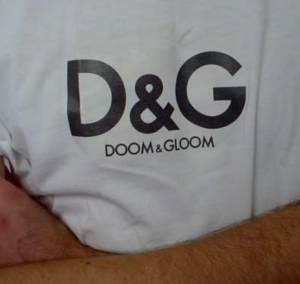
Who are we? Why are we here and where are we going? If anxiety about climate change, financial meltdowns, terrorism, immigration, pandemics, and the robot that recently went rogue on Twitter isn’t enough to worry about, we’ve got existential questions to contend with. Mostly we haven’t though, largely because a daily deluge of digital distractions means we rarely get much further than worrying about why BBC Three is now only available online or whether answering an instant message during sex is less rude than not responding until tomorrow.
The best bit of advice for such complex conundrums probably comes from The Hitchhiker’s Guide to the Galaxy by Douglas Adams. The advice is simply: “Don’t Panic!” This is wise counsel; especially if instead of looking forwards, you look backwards over a few thousand years and notice that the human race is more or less still here. We’re survived ice ages, financial collapses, religiously inspired terrorism, immigration, pandemics and the threat of new technology before. We’ve even endured Paris Hilton, Ed Miliband and Paul Daniels, at least one of which turned out to be all right really.
None of this means we should become complacent. As the great economist JK Galbraith once said” There will be no harm in making mild preparations for our destiny.” Furthermore, while the thought of robots stealing our jobs and perhaps even our children’s souls is a concern, it could be that the pace of developments in computing means that it isn’t the clumsy idiot savant software than we have today that we need to worry about, but what their silicon descendants might be capable of doing in 20 or thirty years time. If human minds as sharp as Stephen Hawking, Bill Gates and Elon Musk believe that true artificial intelligence (broad or general AI) might be the last invention that the human race ever makes, perhaps we should stop looking at Rich Cats of Instagram and pay proper attention to what’s really going on.
I really have no idea how the distant future will pan out, but my best guess is that we’ll more or less be alright, especially if we, the human race, can somehow remain humane and coalesce around a common vision of what our new technology is actually for. Technology is a tool. It is a way. It is a means. It has never been, and never should be, an end it itself. Technology should only be used to enhance or compliment human thinking and relationships, never to replace them. Any wealth that accumulates from the application of such technology should also be gently persuaded to trickle towards those individuals who find themselves on the wrong side of many of these marvels.
I am hopeful that as AI and robotics evolves and starts to behave more like us this will shine an especially strong spotlight on what it is that humans actually are and what they do best. Nobody expects a second renaissance as a result of artificial intelligence, but it would be nice if real human stupidity were diluted and that we congratulated ourselves about the fact that it’s only humans, not machines, that are capable of creating real joy and that imagination, along with empathy, do not appear to be computable.
In the meantime, rejoice in the knowledge that even the smartest robot in the room still struggles to make a decent cup of tea and is totally bewildered by why humans might want their tea, along with their pizza, delivered by drone when they appear to be pondering the nature of their own existence through a poem by Shelly. Illogical.